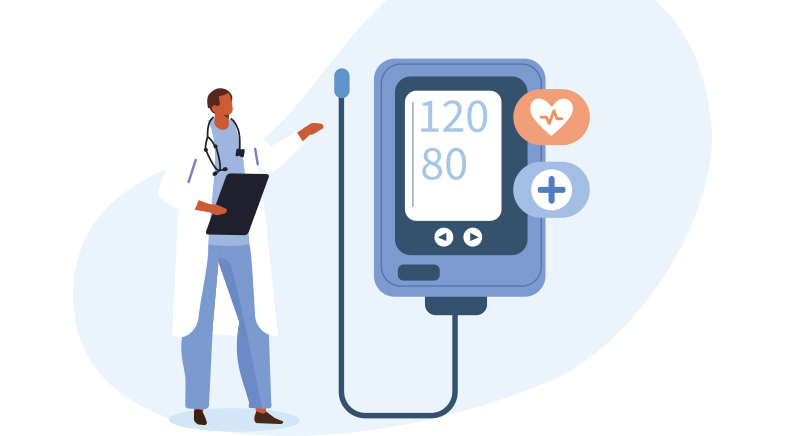Could taurine be an 'elixir of youth'?
-
- from Shaastra :: vol 02 issue 04 :: Jul - Aug 2023

Taurine, one of the 500 amino acids present in nature, could well be elevated from its humble, semi-essential status (it is not involved in protein synthesis) to a place in the pharmacopoeia of youth-conserving compounds.
A new, multi-institute research published in Science (bit.ly/taurine-deficiency) notes that the abundance of taurine, synthesised in the liver, diminishes with age and that replenishing taurine in the body improves both health and lifespan in animals.
Over a decade ago, Vijay K. Yadav at Wellcome Sanger Institute in the U.K. was investigating how the molecular constitution of organisms changes during ageing. Vidya Velagapudi, a researcher in his team, was analysing the blood of aged humans, and she noticed that taurine was one of the most dramatically downregulated molecules. "She asked me what taurine does. I said, 'I have no clue, let us look'," recalls Yadav, now with Columbia University in the U.S. He had no idea that this was the beginning of an 11-year-long scientific marathon across several countries and institutes.
This is only the beginning in the understanding of how taurine can be used to improve human health.
The researchers began investigating whether the decline of taurine is the driver for ageing or just an outcome of the ageing process. Parminder Singh, the study's lead author, and Kishore Gollapalli worked with middle-aged mice, and observed that not only did the lifespan of taurine-fed mice increase by 10-12% but they were also healthier. These mice had more energy, increased bone density, a younger-looking immune system and better insulin performance. "These studies suggested that taurine delays ageing, and many health and ageing variables are improved at a given age (with taurine)," says Yadav.

Scientists performed similar tests on monkeys, worms and yeast. The taurine-fed monkeys and worms lived longer and better, but taurine had no effect on the yeast. Given that the aim of the research was its relevance to humans, co-researchers Daniela Schranner and Gabi Kastenmüller studied nearly 12,000 aged humans and noticed that low taurine levels were associated with poor health in humans, be it obesity, type 2 diabetes or inflammation. A parallel study also showed that taurine levels in the body increase during exercise, indicating the anti-ageing effects of exercise.
Singh, now a post-doc at the Buck Institute for Research on Aging, U.S., believes that this discovery is only the beginning in the understanding of how taurine can be used to improve human health. Could it be used to treat age-related issues like osteoporosis, for instance?
Existing research shows that taurine is safe, can be taken orally at high doses and affects all the major hallmarks of ageing in several species. The immediate goal, Yadav says, is to conduct randomised clinical trials measuring the effect of taurine supplements on human health.
Meanwhile, a diet rich in dairy and meat will ensure an optimal level of taurine in the body.
Have a
story idea?
Tell us.
Do you have a recent research paper or an idea for a science/technology-themed article that you'd like to tell us about?
GET IN TOUCH














